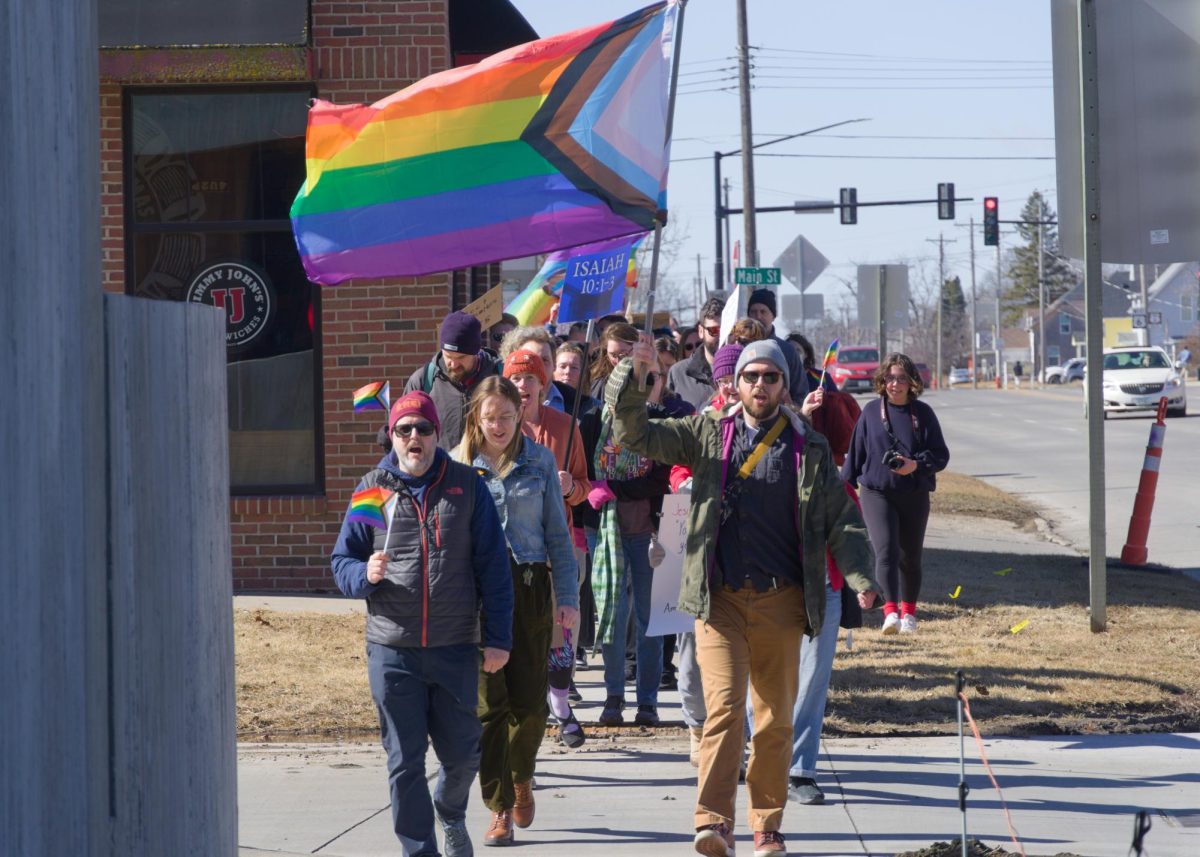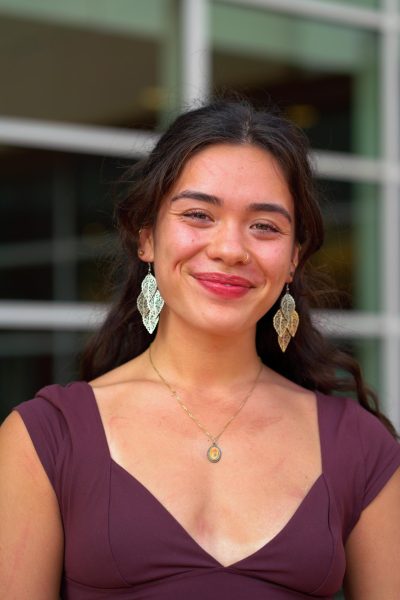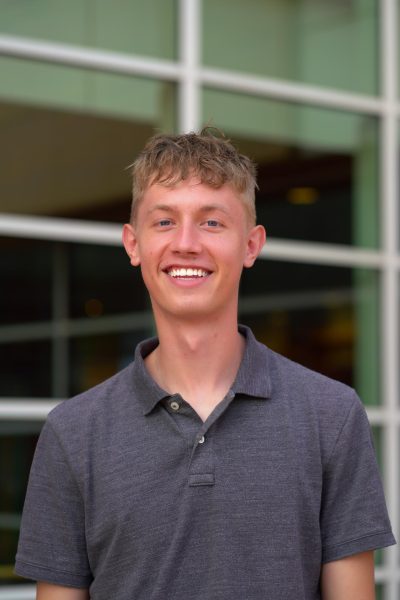The Office for Diversity Equity and Inclusion (ODEI) says there has been no increase in anti-LGBTQ+ bias reports in the 2024-25 school year.
“The first thing I have to be clear about, is that I don’t have any data that suggests that there’s an increase in bias incidents,” Marc Reed, vice president for diversity, equity, and inclusion and chief diversity officer, said.
In the 2024-25 year, there have been four reported bias incidents impacting the LGBTQ+ community. Reed said that one was determined to not be a bias incident — the vandalism that occurred at the Stonewall Resource Center earlier in the year. In the 2022-23 and 2023-24 school years, there were three bias incidents reports yearly with an impetus against the LGBTQ+ community.
There have been 13 reported bias incidents total in the 2024-25 year. Reed was unable to share cumulative statistics from previous years but said that the ODEI office is launching a community-facing dashboard allowing people to see all bias incident reports at the College. Reed said that the dashboard would be released at the beginning of the College’s 2025 spring semester.
Some students feel that the College’s administrative response is not sufficient in regards to addressing past bias reports.
“It’s kind of a weak response, honestly … with the hate crime incidents two years ago, students had to organize those things,” Xavier James `25 said. “There are students who were verbally assaulted, students who were physically assaulted by others and there is no direct statement about it.”
“I feel like the way the College has responded to it makes me feel like it’s not a priority for them,” Princess Alexander `26 said, referring to the alleged assault of Kenya Taylor `28. “If this happens to someone else, what are they gonna do?”
In regards to potential administrative responses to address safety concerns at all-campus events, Hayden Suarez-Davis `25, former Grinnell Concerts chair, said that there was importance in reevaluating protective measures. “Right now you have a system where it’s sort of a volunteer base, volunteers who are trained and are expected to work events,” said Suarez-Davis. “I don’t think that is a feasible long term system.”
Davis emphasized the importance of revisiting All-Campus Events Student Safety (ACESS) as a potential solution. “I think having students who not only go through just basic training, but are really trained in doing stuff is important for a lot of reasons,” said Suarez-Davis. “The thing that Harris has that Gardner does not is Harris has a very defined entrance point where you can easily check P-cards going in and out … Gardner has two entrances and you can’t really check in the same category with volunteers. It’s very difficult to do so.”
Davis stressed that while the ACESS system must be improved, students working with other students is the best way to promote student safety. “ACESS was the lesser of all evils, and with students working to help other students, there’s a less of a, like, if there’s a random guy in there who’s keeping an eye out, you’re gonna feel uncomfortable,” Suarez-Davis said. “Because he’s not a member of the community. Is he gonna judge you for this? And so I think that having students who were directly involved made it a lot easier for people to, you know, feel comfortable going to someone for help.”
Caleb Elfenbein, associate dean for faculty development and diversity, equity and inclusion, said that “Grinnell can promise to have good processes in place” that support students through addressing and remedying challenges that arise at the College. Elfenbein said that he hopes that these processes allow students to have confidence that people are working to address these challenges.
The Bias Incident Response Team (BIRT), the team that deals with bias incident reports, is chaired by Vrinda Varia, associate chief diversity officer for intercultural student life, alongside committee members Reed and Autumn Wilke, associate chief diversity officer for disability resources. BIRT works closely with the division of student affairs as well, and no students are involved, said Reed.
Despite no increase in bias incident reports, Reed said that he encourages students to talk to him regarding feelings of safety on campus. He said that himself, cultural centers and multicultural student organizations also act as spaces for students to communicate about one’s experience at the College.
“I’m always available and accessible. If you want to just have a lunch with me, you want to talk with me, you have any type of concerns about your feeling of safety, things that you don’t feel like we’re doing well, I look at feedback as a gift. And, I would love the opportunity to talk with students that are concerned,” Reed said.
























































